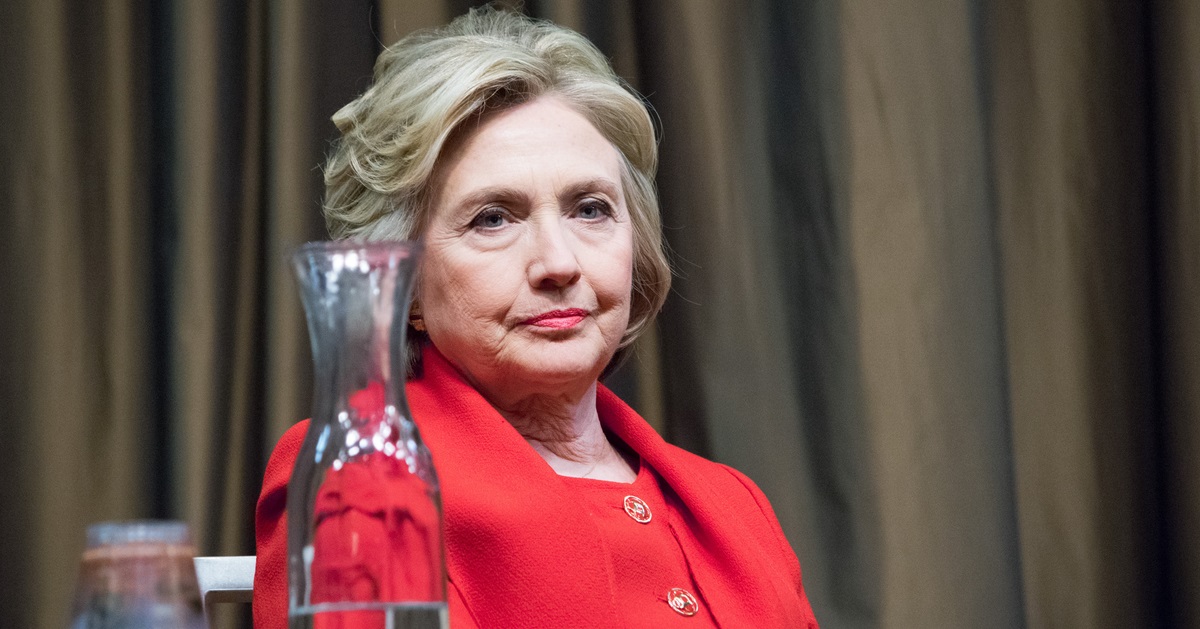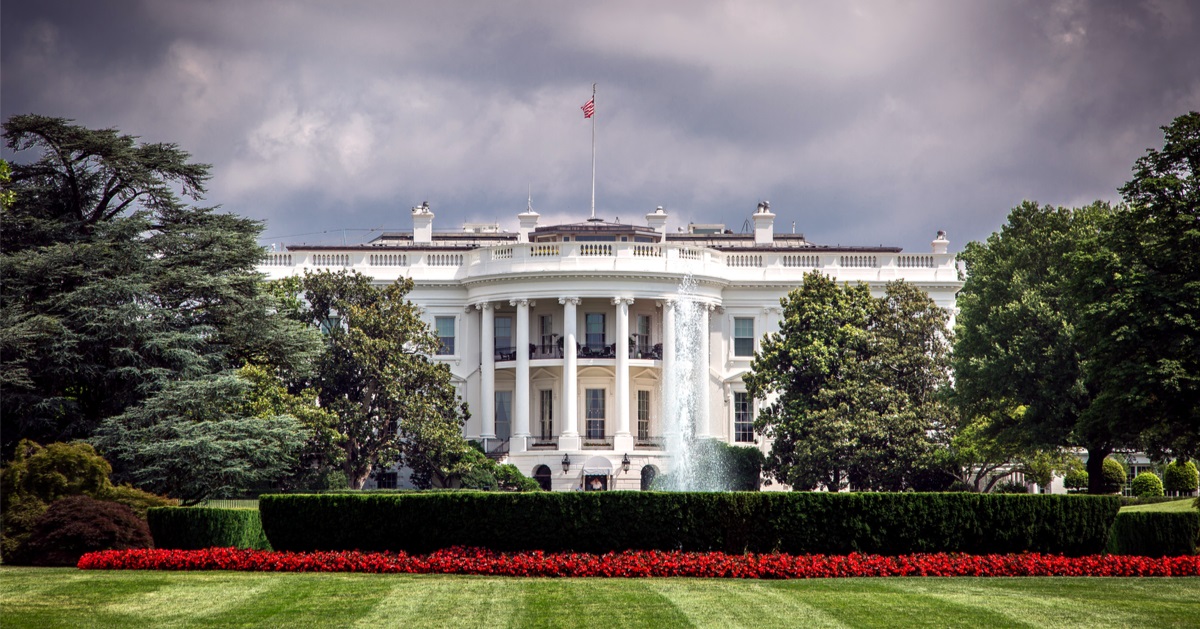Debate grows over if impeachment process is limited to actions during presidency or includes actions prior to taking office
Talk has increased among House Republicans about potentially launching an impeachment effort against President Joe Biden, albeit possibly for things he allegedly did prior to taking up residence in the White House.
That has spurred a constitutional debate among some legal experts over whether the impeachment process is limited to alleged crimes that occur during a presidency or if it can be extended to deal with alleged crimes that occurred before a president took office, Fox News reported.
Opinions are split, however, and Harvard law professor Alan Dershowitz summed it up best when he told the outlet, "The answer is clear. No one knows."
Formal impeachment inquiry possibly coming soon
Politico reported this week that House Speaker Kevin McCarthy (R-CA) has floated the possibility of a formal impeachment inquiry that could soon be launched against President Biden, but at the same time has used cautious language about the topic to mollify nervous and vulnerable House Republicans facing tough re-election battles who aren't keen on impeachment while simultaneously reining in more outspoken members of the GOP caucus who are eager to try to remove Biden from office.
There are multiple issues for which House Republicans would like to impeach Biden, but two of the biggest ones involve alleged actions that transpired when Biden was previously the vice president or a private citizen, and not the sitting president.
That includes the House Oversight Committee's ongoing investigation into alleged Biden family influence-peddling through foreign business dealings as well as an FBI document from 2020 that contains allegations that Joe and Hunter Biden coerced the CEO of Ukrainian energy firm Burisma to pay them millions of dollars in bribes in exchange for help in ousting a prosecutor that was investigating the CEO's own corrupt dealings.
House gets to decide what constitutes an impeachable offense
Article II, Section 4 of the U.S. Constitution states: "The President, Vice President and all civil Officers of the United States, shall be removed from Office on Impeachment for, and Conviction of, Treason, Bribery, or other high Crimes and Misdemeanors." Notably, though, there is no language to specify whether those impeachable offenses must occur during a presidency.
"When you ask lawyers these questions, what they tend to try to suggest is this is controlled by legal rules and, therefore, they propose that the abuse of power that rises to the level of 'high Crimes and Misdemeanors' has to occur when the person is president -- it has to be an abuse of presidential power," former federal prosecutor Andrew McCarthy told Fox News. "The fact of the matter, though, is that impeachment is not controlled by legal rules but political rules."
McCarthy quoted then-House Minority Leader Gerald Ford in 1970, and said, "An impeachable offense is whatever a majority of the House of Representatives considers it to be at a given moment in history."
"The Constitution specifically assigns to Congress the determination of whether impeachable offenses were found, and, under separation of powers, the court stays out of it," the former prosecutor added. "Politically speaking, it is whatever Congress says it is."
That was echoed by Robert Ray, a former Whitewater prosecutor during the Clinton years, who told Fox News that "the answer to the question is ultimately up to the House to decide ... the rule being -- to paraphrase former President Ford -- an impeachable offense is whatever a majority of the House of Representatives says it is."
In other words, if a sufficient number of House Republicans agree that there is ample evidence of alleged criminal behavior by Joe Biden to warrant his impeachment, then a formal inquiry will likely be launched and, eventually, formal articles of impeachment will be passed.
A symbolic political process
Of course, simply passing articles of impeachment through the House will not suffice to oust President Biden from office, and pretty much everyone acknowledges that Biden will never be removed from office by the Democrat-controlled Senate, regardless of what sort of "high crimes and misdemeanors" or even treason or bribery are alleged or even proven to have been done.
Yet, as Democrats themselves made clear with their two impeachments of former President Donald Trump, the point of the entire exercise is less about actually removing a president from office and more about using the once-rare opportunity and platform that impeachment proceedings provide to publicly air out all of the president's dirty laundry and alleged misdeeds for political purposes -- and that day for Biden may soon arrive.






